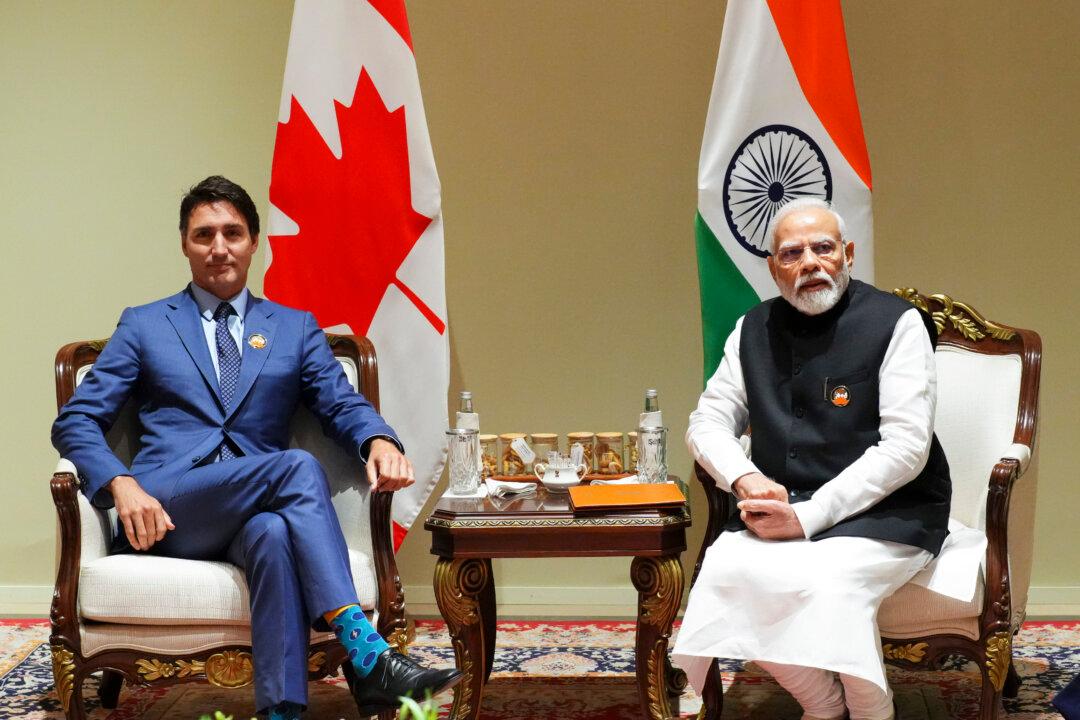Commentary
Ottawa and New Delhi are currently embroiled in a diplomatic row over allegations of an Indian hit team operating in Canada.

Ottawa and New Delhi are currently embroiled in a diplomatic row over allegations of an Indian hit team operating in Canada.